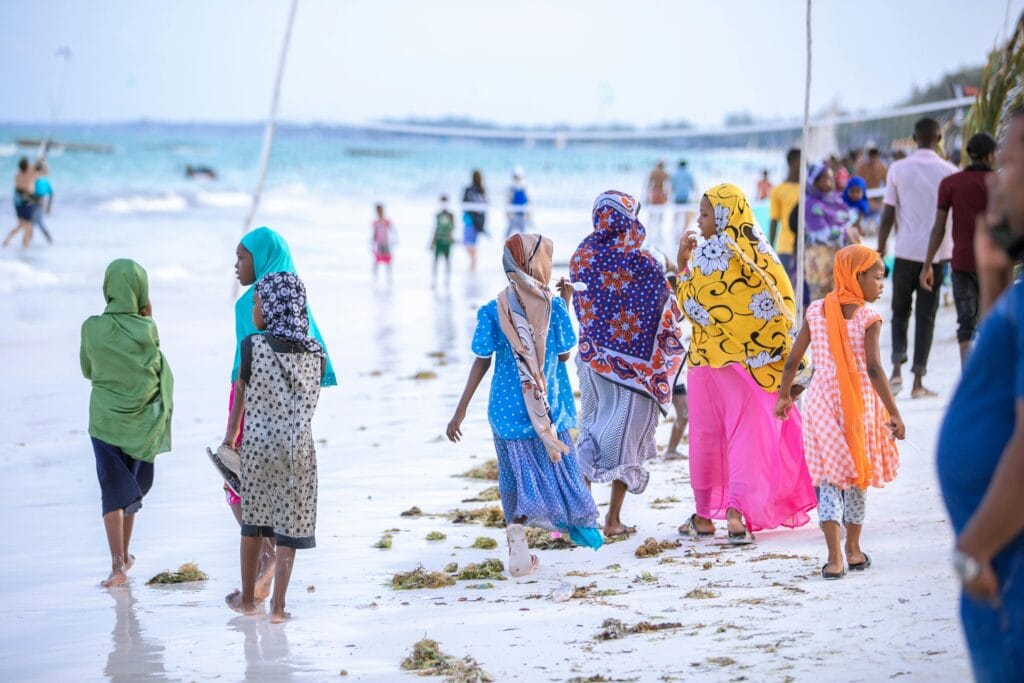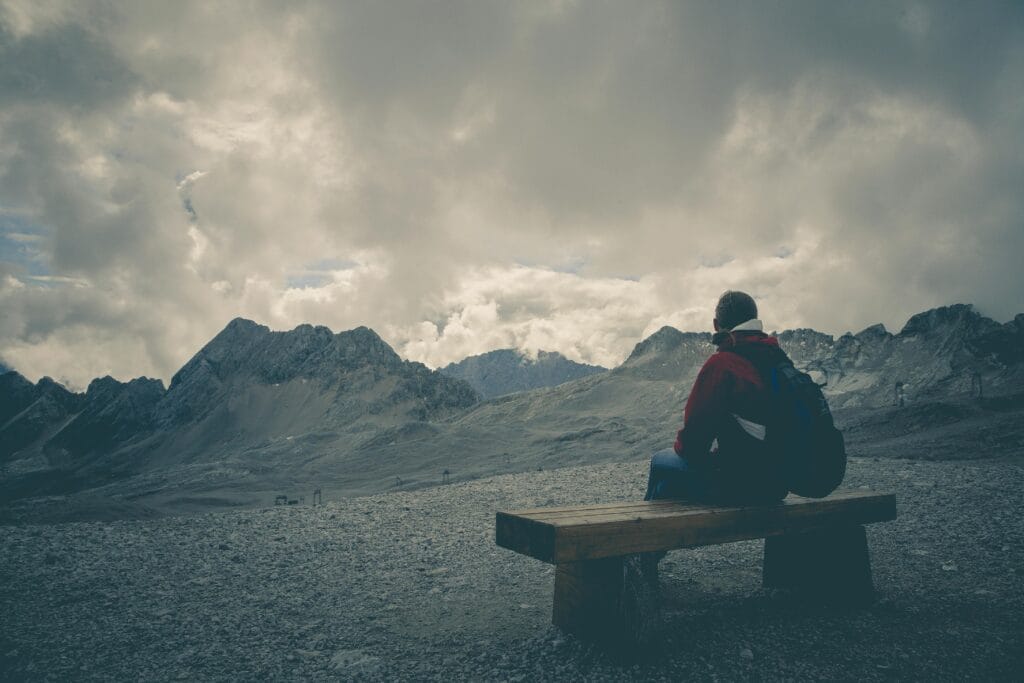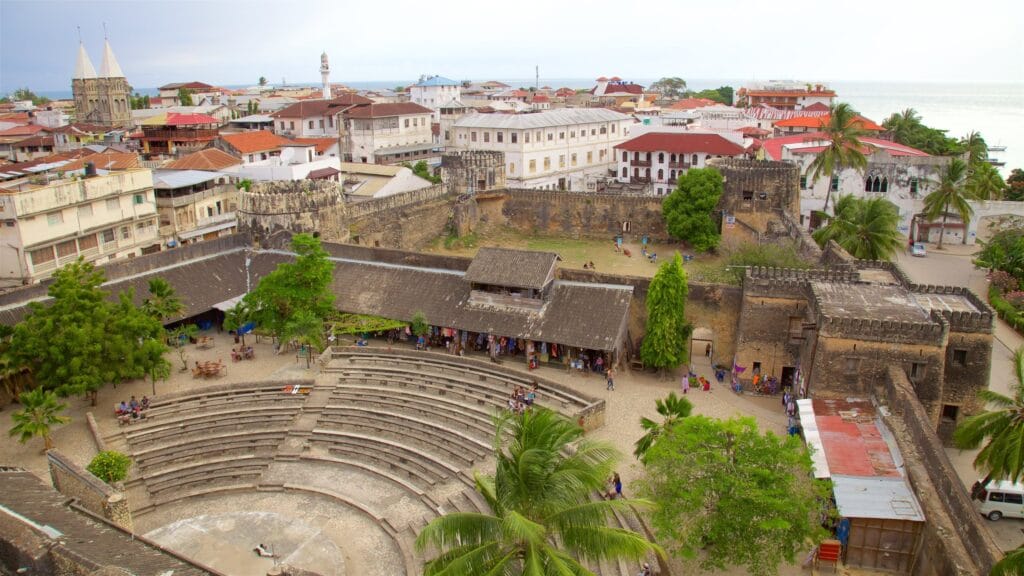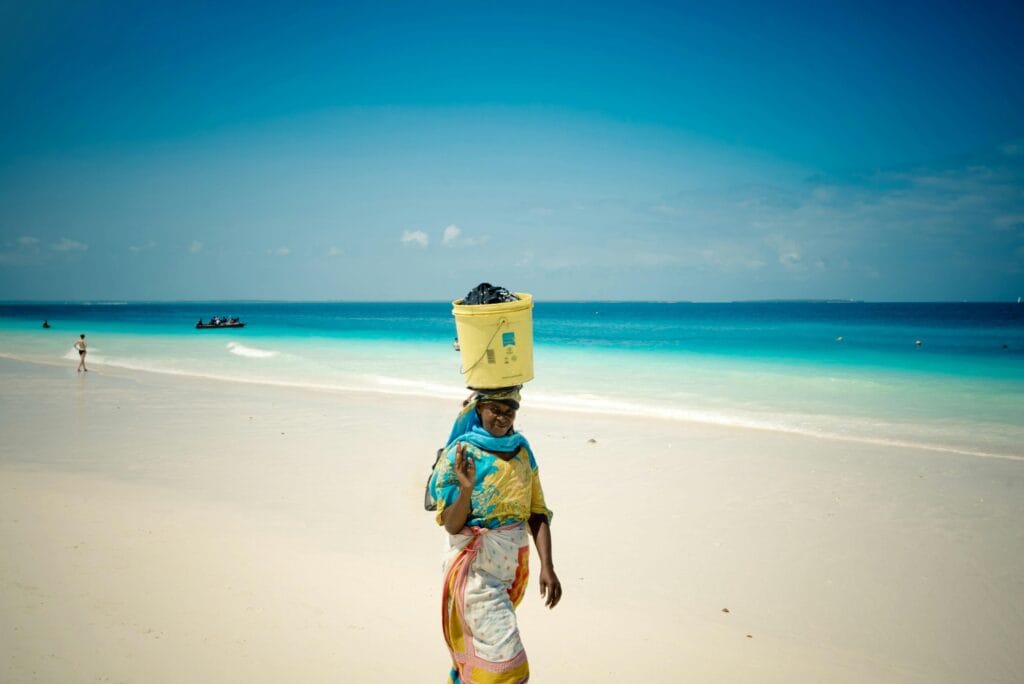How to prepare for a cultural immersion in Zanzibar
When preparing for a cultural immersion in Zanzibar, it’s essential to approach the experience with respect, an open mind, and a willingness to learn. Zanzibar is rich in history, culture, and traditions, influenced by African, Arab, Indian, and European heritage. Here’s how to ensure you’re ready to fully engage with Zanzibar’s vibrant culture: Learn About Local Etiquette and Traditions Understanding local customs is crucial before embarking on any cultural experience. Zanzibar is predominantly Muslim, and respecting the local customs will help you connect better with the community. Dress Modestly: While on the beach or in resorts, casual clothing is fine, but when visiting towns, villages, or cultural sites, it’s important to dress modestly. Women should avoid wearing revealing clothing, and both men and women should cover their shoulders and knees in public areas. Greetings Matter: Zanzibar has its own set of greetings. A common greeting is “Hujambo” (How are you?), and a polite response is “Sijambo” (I’m fine). If you’re in a more rural area, you’ll find that locals appreciate it when you take the time to greet them before engaging in conversation or asking for directions. Respect for Religion: Zanzibar’s Islamic influence means there are sacred times such as prayer calls. When visiting mosques or local communities, be respectful of prayer times and avoid loud talking or disruptive behavior. Explore Local Markets and Towns Zanzibar’s markets are bustling centers of daily life, offering a glimpse into the local culture. Visiting local markets in places like Stone Town is one of the best ways to immerse yourself in the culture. Spice Tours: Zanzibar is known as the “Spice Island,” and taking a spice farm tour is one of the most immersive experiences you can have. You’ll not only learn about the spices grown here but also get to interact with the farmers and understand the important role spices play in Zanzibar’s economy and culture. Shopping and Bargaining: Markets in Zanzibar can be an excellent place to purchase unique crafts, from handmade jewelry to textiles and carvings. Don’t hesitate to bargain, as this is part of the culture and a way to interact with local vendors. Approach it as a friendly exchange rather than a transaction. Sample Local Food: Zanzibar is famous for its unique fusion cuisine. Dishes like Zanzibar pizza, samosas, and grilled seafood are delicious and often prepared in the local style. Don’t miss trying some fresh coconut juice or spicy pilau rice. Visiting local eateries will give you an authentic taste of the culture. Engage with Local Communities Zanzibar’s residents are known for their warmth and hospitality. To experience a true cultural immersion, engage with the locals. There are several ways to do this: Participate in Community Projects: Many local NGOs and community projects welcome tourists to participate in activities like volunteering, cultural exchanges, or even traditional cooking classes. This not only allows you to learn firsthand but also helps support local initiatives. Home Visits: In some areas, local families open their homes to visitors, offering a chance to learn about daily life in Zanzibar. This might include watching how food is prepared or hearing about local history and stories passed down through generations. Cultural Performances: Zanzibari music and dance are an important part of the island’s heritage. Attending a Taarab music performance or watching a traditional Swahili dance can be a memorable experience. These performances often tell stories and offer insight into Zanzibar’s cultural fusion. Respect the Environment Cultural immersion also involves respecting the natural environment. Zanzibar’s unique flora and fauna, as well as its pristine beaches, are integral to the cultural experience. Beach Etiquette: While Zanzibar’s beaches are inviting, it’s essential to be mindful of the environment. Avoid leaving trash behind and be respectful of local communities who live near the beach. Conservation Efforts: If you’re visiting natural reserves or wildlife parks, follow the rules set in place to protect the island’s ecosystems. Participating in local conservation efforts, such as turtle release programs, can be an enriching experience. Understand Zanzibar’s Historical Significance Zanzibar is home to a rich and complex history. Understanding the island’s past can significantly enhance your cultural immersion. Visit Historical Sites: Explore the House of Wonders, the Sultan’s Palace, and the Old Fort to learn more about Zanzibar’s past, especially its role in the spice trade, Arab and European colonial history, and the slave trade. Stone Town: The historical heart of Zanzibar, Stone Town, is a UNESCO World Heritage site. Wandering through the narrow streets and alleyways will offer a glimpse of life from centuries past, where the influences of Africa, Arabia, and India all intersect. Be Open and Respectful One of the most rewarding aspects of cultural immersion is the opportunity to exchange stories and experiences. As a visitor, showing a genuine interest in Zanzibar’s culture will often be met with kindness and openness. Approach every situation with respect and curiosity, whether you’re interacting with locals, enjoying a meal, or admiring the island’s unique architecture. By embracing Zanzibar’s traditions, respecting local norms, and engaging with its people, you’ll gain a deeper understanding and appreciation of this beautiful and culturally rich destination. This kind of cultural immersion will make your trip unforgettable and help you connect with Zanzibar on a much deeper level. Customize Your Adventure Kilimanjaro 3 tours Safari 9 tours Zanzibar 3 tours
How to prepare for a cultural immersion in Zanzibar Read More »











